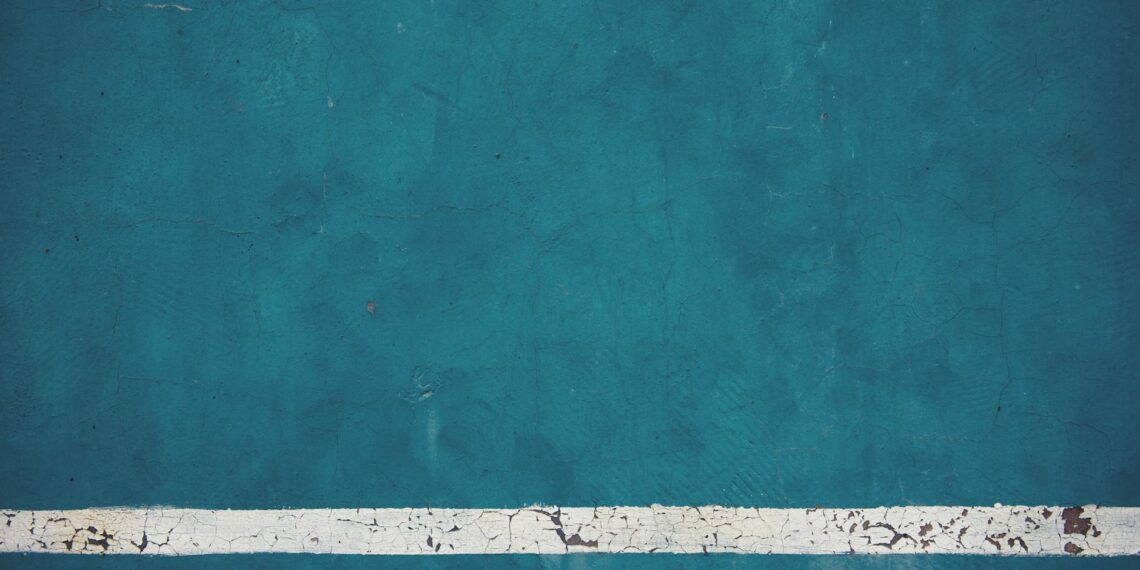Deciding whether or not to clean an old coin, especially a valuable one, requires careful consideration. Cleaning can potentially damage the coin’s surface and diminish its value, especially for collectors who often prefer coins in their original condition. However, cleaning may be necessary in some cases, particularly for low-value coins or those with heavy dirt or corrosion.
Here’s a breakdown of methods, along with important considerations:
- Distilled water: Gently soak the coin in distilled water for a few minutes to loosen superficial dirt.
- Soft brush (if needed): While submerged in distilled water, use a very soft brush to loosen stubborn debris – avoid scrubbing.
- Rinse: Rinse with fresh distilled water.
- Air dry: Place the coin on a clean, lint-free cloth and allow it to air dry – do not pat dry or use heat sources.
- Soapy water soak: For light dirt, soak the coin in warm water with a bit of dish soap. Gently rub with your fingers while submerged to dislodge dirt.
- Baking soda paste: For a more abrasive approach, create a paste with baking soda and water and gently scrub the coin with a soft toothbrush. Rinse thoroughly afterward.
- Vinegar & salt (for copper coins): Dissolve salt in vinegar and soak copper coins for a few minutes. Wipe with a paper towel to remove tarnish, according to the American Chemical Society.
- Lemon juice & salt: Create a paste with lemon juice and salt and use a soft-bristled toothbrush to gently scrub the coin.
- Ketchup (for pre-1982 copper pennies): The acids in ketchup can help remove tarnish. Apply to the coin and scrub with a soft toothbrush before rinsing and drying.
- Hydrogen peroxide soak: For tougher tarnish, soak the coin in hydrogen peroxide for up to 24 hours. Rinse and pat dry.
- Cola soak: Cola contains phosphoric acid that can help dissolve tarnish. Soak coins for at least 5 minutes before rinsing and polishing.
Important notes:
- Never use harsh chemicals or abrasives like steel wool or wire brushes on coins, as these can permanently damage them and decrease their value.
- Always consult a professional coin dealer or appraiser before cleaning any coin you suspect might be valuable, [says Metal Detecting Life].
- Patina, the natural discoloration on a coin, can be a desirable feature and add to its value, especially for collectors.
- Professional conservation may be an option for removing harmful residue without damaging the coin’s surface.
- Handle by the edges: Always handle coins by their edges to prevent transferring oils and dirt from your hands onto the surface.
- Wear gloves: Use cotton or nitrile gloves when handling coins to protect them from skin oils.
- Store properly: Use acid-free and PVC-free holders like airtight capsules, Mylar flips, or albums for storage.
- Control the environment: Store coins in a cool, dry place with stable temperatures (around 65–70°F or 18–21°C) and controlled humidity (below 50%). Avoid direct sunlight and heat sources.
By following these guidelines, you can safely clean and preserve your old coins without compromising their value or historical integrity.









Should I clean old coins with vinegar?
Good point! Almost nothing so we add salt to the vinegar. Add as much salt as you can with lots of mixing to make a saturated. Solution once again we get tarnished penny and dip it in.
What not to clean coins with?
Water is better for inorganic materials.
Use only pure acetone, rather than acetone-containing products (e.g. nail polish remover).
Some have a concern that acetone may react with copper.
Don’t rub a coin or wipe it dry.
For tips on cleaning ancient coins, visit r/ancientcoins.